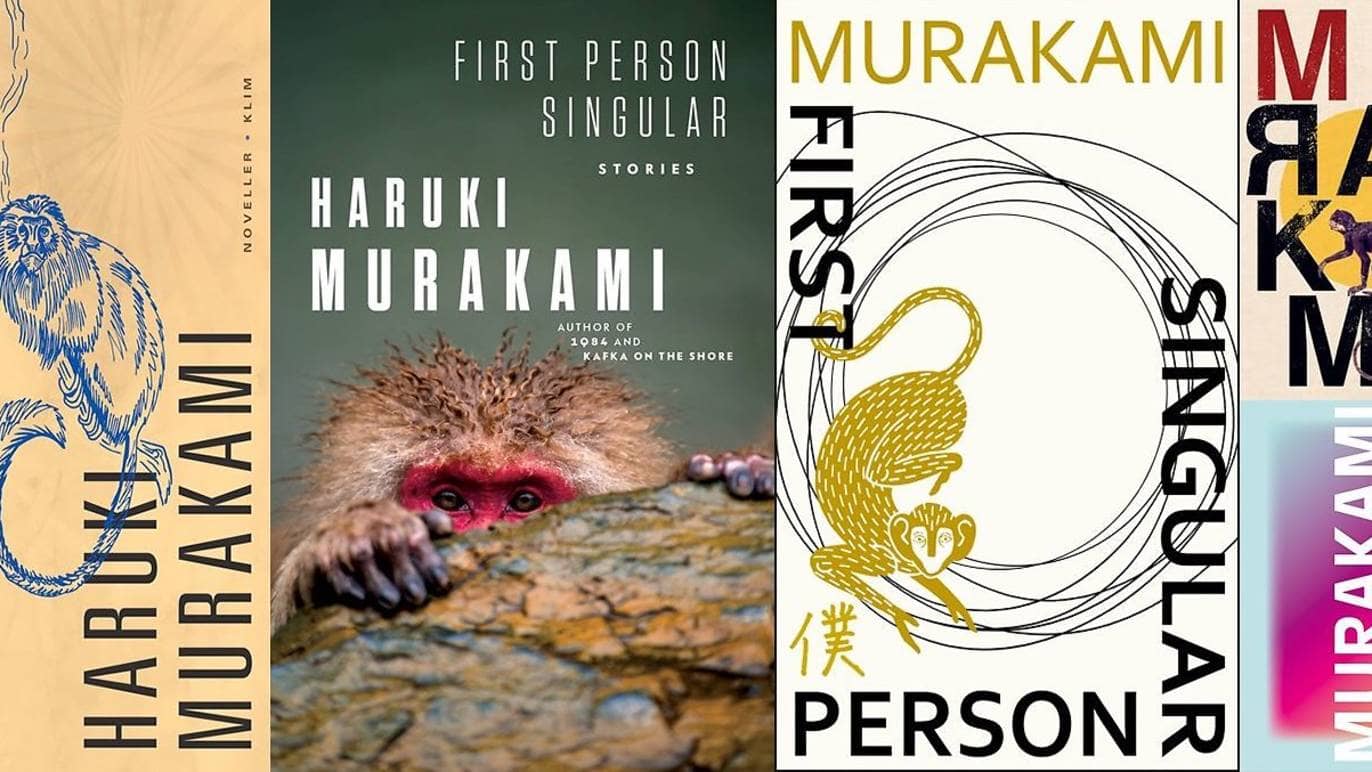

The old man then cryptically references the French phrase that connects back to the story’s title, “crème de la crème … The most important essence of life… The rest is just boring and worthless.” The old man, filled with years of wisdom and experience, relays crucial advice to this wandering, lost boy: focus on the intangible, non-quantifiable parts of life that are what makes living so magical – love, adventure, and friendship. When the boy realizes that he has been fooled by a spiteful past rival, he stumbles upon an old man who simply tells him to imagine a “circle that has many centers but no circumference.” The boy struggles and fails with this seemingly impossible thought experiment. The boy arrives, only to see deserted streets and an empty concert hall with no life in sight except for a missionary reciting gospel far off in the distance. Murakami begins on a more believable and atmospheric note with “Cream,” wherein a reclusive young boy receives an invitation from an estranged lady friend to attend a piano recital in a rural mountain town.

First Person Singular is one such portal, a hypnotic journey through the deep and personal recesses of Murakami’s life that is wonderfully translated by Philip Gabriel.

Murakami often inserts these portals in his stories which appear in the form of wells and formations of nature to immerse the protagonist in their memories and force self-reflection. He finds himself stuck at the bottom of a well like the narrator in The Wind-Up Bird Chronicle (1994) and drawn further into the ominous, forbidden forest that he includes in many of his works, a place where all self-understanding is lost. Murakami is instead subjected to the motifs of his own literary genius in First Person Singular. Haruki Murakami, an esteemed literary hydra, departs from his masterful Oedipean drama in Kafka on the Shore (2002), and his brilliantly tragic adolescent romance in Norwegian Wood (1987). His books and stories have been bestsellers in Japan as well as internationally, with his work being translated into 50 languages and selling millions of copies outside his native country. Ultimately, it is up to the reader to decide which tale is factual, which is not, and if a story becomes irrefutably real the moment it is printed and read. First Person Singular (2021) presents its audience with eight entrancing short stories that vary in their levels of magical realism. ELLA KELLEHER WRITES (latest in her review series of new Japanese books) – This imaginative and captivatingly ambiguous recent release by Murakami reads like a game of two truths and a lie (in this case, seven truths and a lie).


 0 kommentar(er)
0 kommentar(er)
